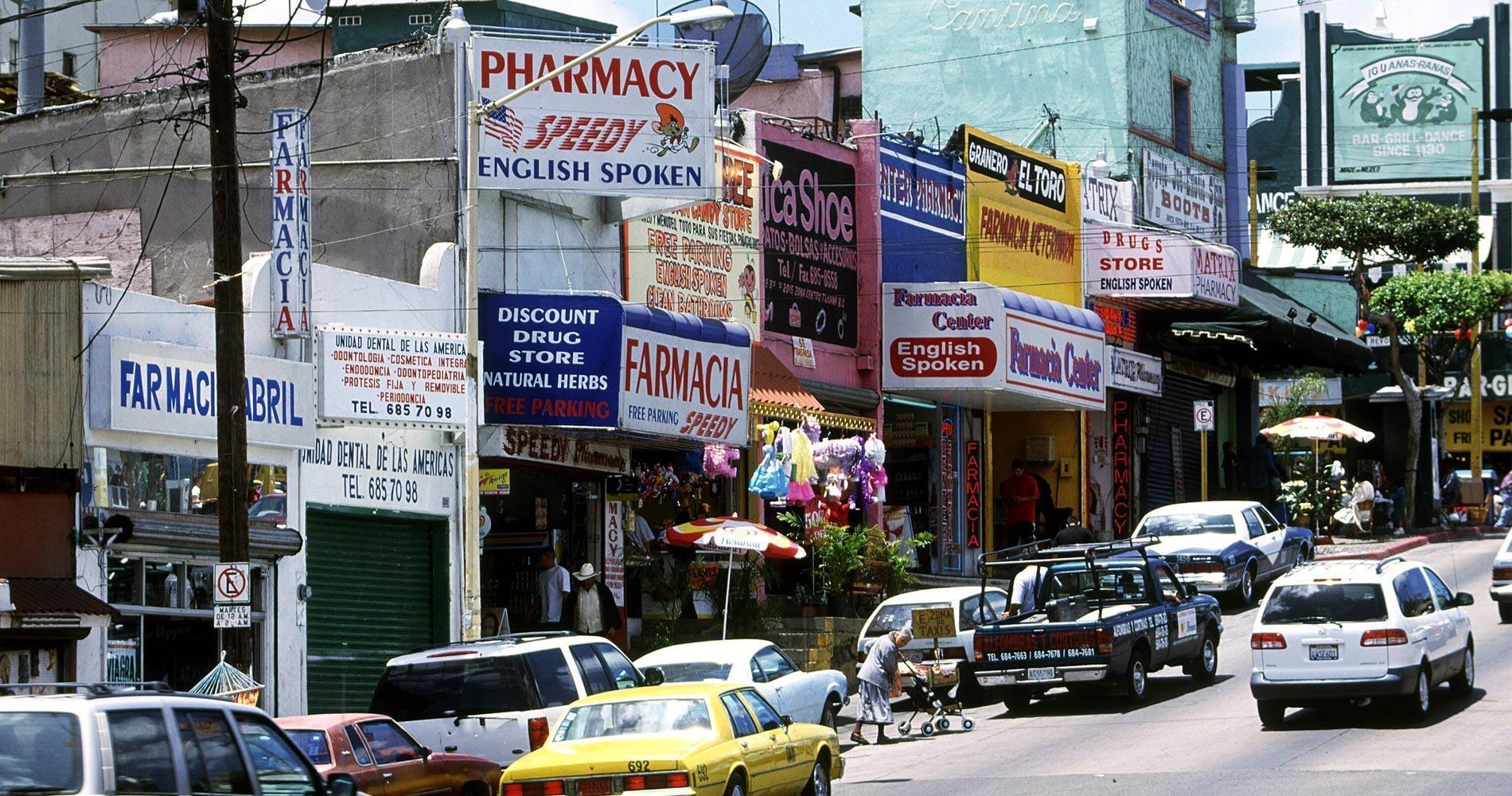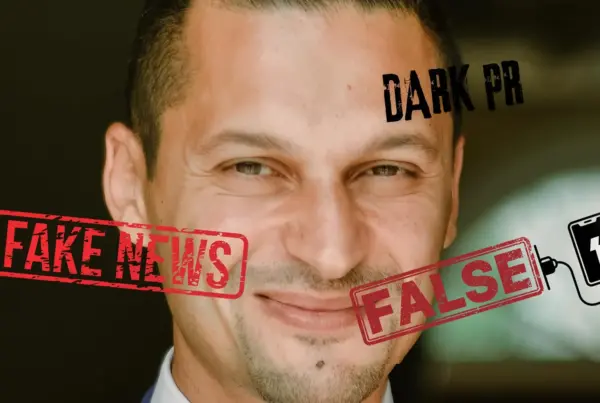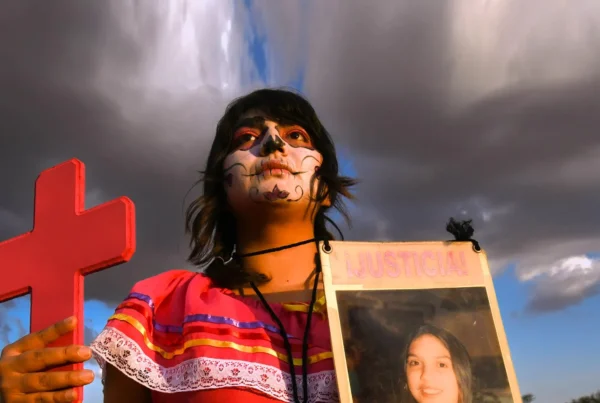The Mexican government has raided and shut down pharmacies in tourist hotspots. Mexican cartels are benefiting from selling ‘medication’ laced with fentanyl and other narcotics to unsuspecting tourists.
Yegor Shestunov, 17 October 2023
Arabic version | Russian version | Spanish version
Three years ago, a user in Mexico by the name of Spreadingfacts wrote on Tripadvisor: “Cabo pharmacies [in Los Cabos, Mexico] are selling fentanyl-laced pills. My brother passed away last year after buying pills at a pharmacy in Cabo. His toxicology came back and they said it was more than likely natural causes even though he was a healthy 29-year-old. We were able to get blood out to the US where we had another toxicology test done and it showed fentanyl.”
The initial post provoked a heated discussion. Some of those in the discussion who presumably live in Cabo claimed they had used Cabo pharmacies for years and never had a problem. Others mentioned that they also do not trust pharmacies in Mexico – claiming they encountered counterfeit antibiotics or counterfeit opioids.
It is unknown how high the death toll from consuming these counterfeit drugs is. Authorities in Mexico rarely do toxicology testing, and the opioid overdose surveillance infrastructure in Mexico is very limited. The opioid crisis is raging in Mexico and the US, with upwards of 100 000 Fentanyl deaths in the US alone.
In March 2023 the US State Department issued a warning to “exercise caution” when buying medications from pharmacies in Mexico, stating: “The U.S. Department of State is aware of recent media reports regarding counterfeit pharmaceuticals available at pharmacies in Mexico, including those tainted with fentanyl and methamphetamine… Counterfeit pills are readily advertised on social media and can be purchased at small, non-chain pharmacies in Mexico along the border and in tourist areas.”
Fentanyl has been on the black market for years, in the form of a powder and pills. Recently, however, it made its way to legitimate pharmacies in Mexico, signalling the changing times – and the change in distribution tactics. Many pharmacies in Cabo San Lucas look more like coffee shops with neon signs and plainly advertise tramadol, pain killers and ivermectin.
In August 2023, in a four-day series of raids, numerous pharmacies were shut down in Mexican tourist meccas such as Cancun, Playa del Carmen and Tulum. This action, dubbed Operation Albatross, was carried out by the Mexican government to prevent the sale of counterfeit medications and pills, mostly to foreigners, and distributed without prescriptions. Pharmacies were selling fentanyl, methamphetamine and xylazine as oxycodone, Percocet and Adderall. From the investigated 55 pharmacies, 23 were shut down.
The pharmacies were closed for various reasons: no health license, illegal possession of controlled drugs, lack of legal documentation from suppliers, accounting irregularities, absence of signatures by health officials, and medical prescriptions with no doctor’s signatures. In its press release, the Mexican government wrote that the pharmacies targeted non-Mexican tourists and sold the counterfeit and dangerous variants only to foreigners. The raided pharmacies were connected to major Mexican criminal organizations such as the Jalisco New Generation and Sinaloa Cartels.
Los Angeles Times journalists, during their five trips to Mexico, purchased and tested 55 pills from 29 pharmacies in eight cities and found that more than half of the pills were counterfeit. Multiple drug-checking studies concluded that availability of fentanyl-, heroin-, and methamphetamine-based counterfeit medications in Northern Mexico represents a serious public health risk, as the counterfeit products are sold in close proximity to authentic products and often cannot be distinguished by appearance.
“We don’t know exactly when this started, and we don’t know how widespread it [the sale of counterfeit drugs] is,” Chelsea Shover, the UCLA study’s senior researcher, told the Los Angeles Times in February 2023. “The most important unknown is probably how many people have died or had serious health consequences from it, and we don’t have any idea.”
There are two main causes for the growing market: firstly, the normalization of medical tourism as a response to the rising unaffordability of healthcare in the United States, so that travelling to Mexico to seek low-cost medical care has become increasingly popular. Secondly, a result of plummeting rates of opioid prescriptions in the US and the physical shortage of drugs such as Adderall.
In the United States, fentanyl was first prescribed to patients with severe chronic pain, and over time this decision led to widespread addiction. As prescription medications became unobtainable, those with medical conditions, an opioid addiction, or who use drugs recreationally are coming to Mexico. In some tragic scenarios, tourists themselves have demanded prescription-free fentanyl and unregulated medications. But what if the vast majority are using it unknowingly?
Mexican leaders and politicians insist their country is untouched by the opioid epidemic, but data acquired by Baja California’s Forensic Medical Services found that 23% of more than 1100 bodies sent to the morgue in Mexicali tested positive for fentanyl. Researchers voiced a concern that toxicology testing is deliberately not done, so that the scope of the nation’s drug problem cannot be confirmed. This is supported by numerous interviews in which Mexicans tell international news outlets that fentanyl is everywhere and they see people dying from it every day.
At the beginning of October banners appeared in northern Mexico purportedly signed by the imprisoned drug lord Joaquin “El Chapo” Guzman. The banners claimed that the Sinaloa cartel has stopped the production and sale of fentanyl and will severely punish anyone involved in further production and distribution. While the authenticity of these banners has not been verified, it seems highly unlikely the the largest producer of fentanyl in Mexico will forgo its profits from this multi-billion dollar drug business which include the sale of fentanyl-laced prescription and over-the-counter drugs to unsuspecting tourists and those seeking affordable health care in Mexico.







